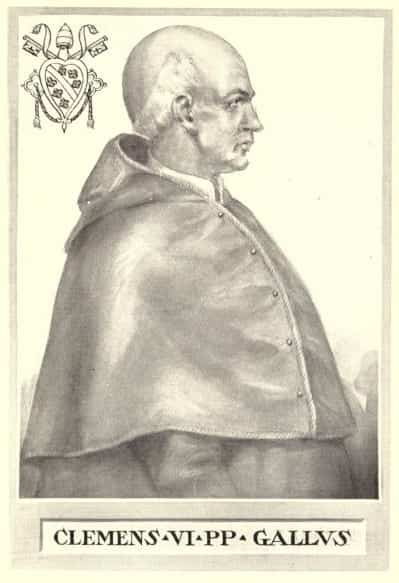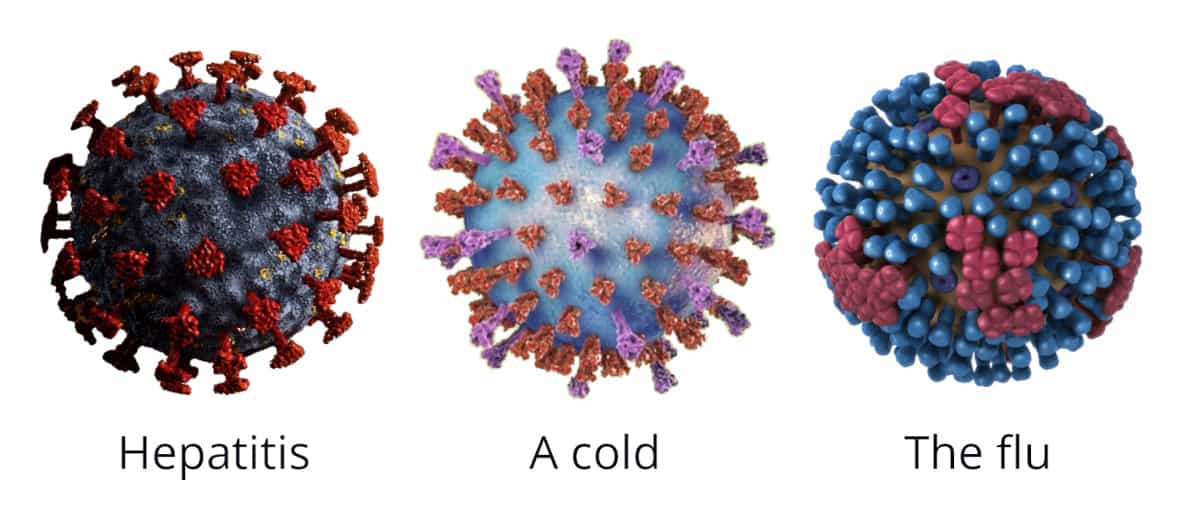No 15 in a series of articles about translating into English
In the previous article I made a reference to articles. Not the same kind of course, the word has several meanings. I was speaking of the article as a little word that can make a subtle or an obvious difference to the meaning of a phrase in many languages, but not in all. Slavic languages like Serbian don’t have them.
This means that Serbians use other means to express what I’d instinctively use an article for. And it means they struggle with articles just as much as I struggle with their case endings.
These are things that are difficult to learn rationally, it requires a child’s ear. Cases are a good example, Serbian has seven. Times that with singular and plural and it makes 14. Multiply by three genders and it’s 42. Take into account that nouns and adjectives don’t follow the same rules and it’s 84. Now, how am I, as a late learner, supposed to know how to finish a word when I begin to speak it? Certainly not by analysing its grammatical function and mentally accessing my 84-point table of case-endings, forget that. In practice I have two strategies: one is to pick a sound and hope for the best; the other is to make an indistinct grunt and hope the listener will fill in the gaps. But in writing, neither of these will wash.
Thus it is with Serbian translators and articles. So by special request I will run over their use. I apologise if this is facile, I guess you’ve all learned it, and many good explanations are available on the web. But experience shows that any number of iterations can be useful, so here we go.
Indefinite and definite articles
When I talk of a thing I have not defined, it is indefinite (undefined), so I use the indefinite article, ‘a’: ‘I have a thing in my pocket’, one thing of many possible things. This thing is now defined (as being the one in my pocket and no other) so then I use the definite article: ‘The thing in my pocket is sticky’.
An item can also be defined by being the only one of its kind, like the Permian-Triassic extinction or the Pope. There can be other extinctions but that particular one is unique. If we say ‘the Pope’ (a title or proper noun, so capitalised) we know we are talking about the current one. As there have been many popes, we could also say that ‘a pope is the head of the Catholic church’ and that ‘the Pope lives in the Vatican City’, but ‘Clement VI was a pope who lived in Avignon’, and that this was in a period when ‘the Pope lived in Avignon’.

One of a kind
Continuing with the only-one-of-its-kind theme, superlatives make a similar case: ‘Acetic acid is the best means to de-chalk your kettle, though citric acid will do’; ‘That’s the dumbest thing I ever heard’.
As for comparatives, beware. ‘Sulphuric acid is a better acid (among many possibilities) for dissolving the evidence if you have just murdered someone’, but ‘between hydrochloric and sulphuric acids, sulphuric is the better of the two’ (we know which two so there is only one of them that’s the better). (By the way, why is it the better of two but the best of three?)
On the same theme, ordinal numbers (first, second, third etc.) are unique. ‘The seventh of four’ (for fans of Umberto Eco) since in four there is only one seventh.
A Platonic ideal
We can also use the definite article to indicate a more general concept, a type or category of thing or its Platonic ideal: ‘the hip pocket is ill-suited to storing marshmallows’; ‘the internal combustion engine was invented in the nineteenth century’; the referendum on an issue of foreign policy is a poor tool for uniting the Conservative party’, ‘the pound has fallen 25% against the dollar; i.e. the pocket, engine, referendum, pound, and dollar as concepts. This is often used of things like plants, animals, body parts, instruments, inventions and currencies among others (the beech, the dodo, the pancreas, the lute, the phase-encoding decoder, the kwacha). It may however also be done using the plural (‘pockets are ill-suited…’), equally general but less conceptual, so it leaves quite a different impression.
Here’s an example from real life:
‘The negotiating position as a commitment’ (a heading)
‘A negotiating position is a commitment of the Republic of Serbia under the blah, blah…’ (text)
The heading speaks of the negotiating position as an abstract concept, it raises the discourse to a more universal level. The text speaks of any negotiating position. The difference is a fine one, but does exist.
Article with adjective
The definite article can be used with an adjective to indicate a group or category: ‘Help the aged’, ‘The able-bodied were conscripted’, ‘The GOP legislates for the rich’. This also applies to the people of nations that have an adjectival, uncountable name: ‘The French like the quiche’ or the article can be used with countable ones that usually take a plural: ‘The Germans like sausages’. Note here the use of the almost Platonic ‘the quiche’ as opposed to the plural ‘sausages’. The latter brings the discussion down to earth, reinforcing the difference in the cuisine and reflecting the common myth of Germans as practical, no-nonsense types and the French as philosophical gourmets.
Headings can have rather different rules. The heading or title: ‘Basic Dimensions of Excavation Unit’ has no articles. In a sentence it would be: ‘The basic dimensions of the excavation unit are 6.3m x 9.8m x 3m deep.’

For articles with abbreviations, see here.
No article
A lack of article also has its function. Plurals and uncountable nouns often take no article to indicate a generic meaning: ‘Obsession with articles is a sign of insanityʼ, meaning all obsession, any or all articles, but just one of many signs. ‘True love is forever’, as opposed to ‘a diamond is forever’ – easily confused.
Often, you can choose to use an article or not, with a rather different meaning:
- ‘The Parties to the Contract agree to cooperate on the opportunities for exploiting the lithium ore deposits.’ (They know which opportunities they are talking about, and have probably mentioned them before in this document. They have also agreed on which deposits they are talking about)
- ‘The Parties to the Contract agree to cooperate on opportunities for exploiting lithium ore deposits.’ (They’re going to cooperate on any and all opportunities that happen to turn up, for any deposits that may be identified.)
Oh, and no article before a numbered item: number ten; article 23 of the Law on Public Procurement; paragraph 3 line 26; take bus number 53 (or take ‘the 53’); lot 2 is up for auction; he was on beer number 18 when he passed out; and so on.
Watch out for the difference between ‘few’ and ‘a few’, ‘little’ and ‘a little’:
- ‘She had only a few friends in Horserød, so she often felt lonely there.’
- ‘She had a few friends in Horserød, so she never felt lonely there.’
- ‘She had few friends in Horserød, so she often felt lonely there.’
(The bold text shows where the stress is placed when speaking these sentences.)
Beyond logic
And so to some oddities. The indefinite article can also be used to indicate a unit of something: ‘The speed limit in Belgrade is fifty kilometres an hour’ (would you believe it?), ‘I paid two dollars a kilo for these carrots’ (could also be ‘per’ hour, ‘per’ kilo, but that sounds a bit too formal for normal speech, better for a physics lesson).
Countries, towns and diseases mostly take no article, but some do: He went to Portugal, Frankfurt, Bhutan and the Sudan (the latter usage seems to be disappearing though). It’s obvious why when it’s a string of islands (the Bahamas, the Maldives) or the name contains a more generic concept (the Netherlands, i.e. the low countries), but why do some say ‘Ukraine’ and some ‘the Ukraine’? Why is it Amsterdam and the Hague’? As for illnesses, ‘she caught hepatitis, a cold and the flu.’ There exist some tenuous explanations for this but forget them, just learn it and live with it.
#translatingintoenglish #translationintoenglish #Translation #Translator #Translationagency #Translationservices #HalifaxTranslation #Business #Prevod #Prevodi #Prevođenje #Prevodjenje #Prevodilac #PrevodilackaAgencija #PrevodilackeUsluge #PrevodilačkaAgencija #PrevodilačkeUsluge
